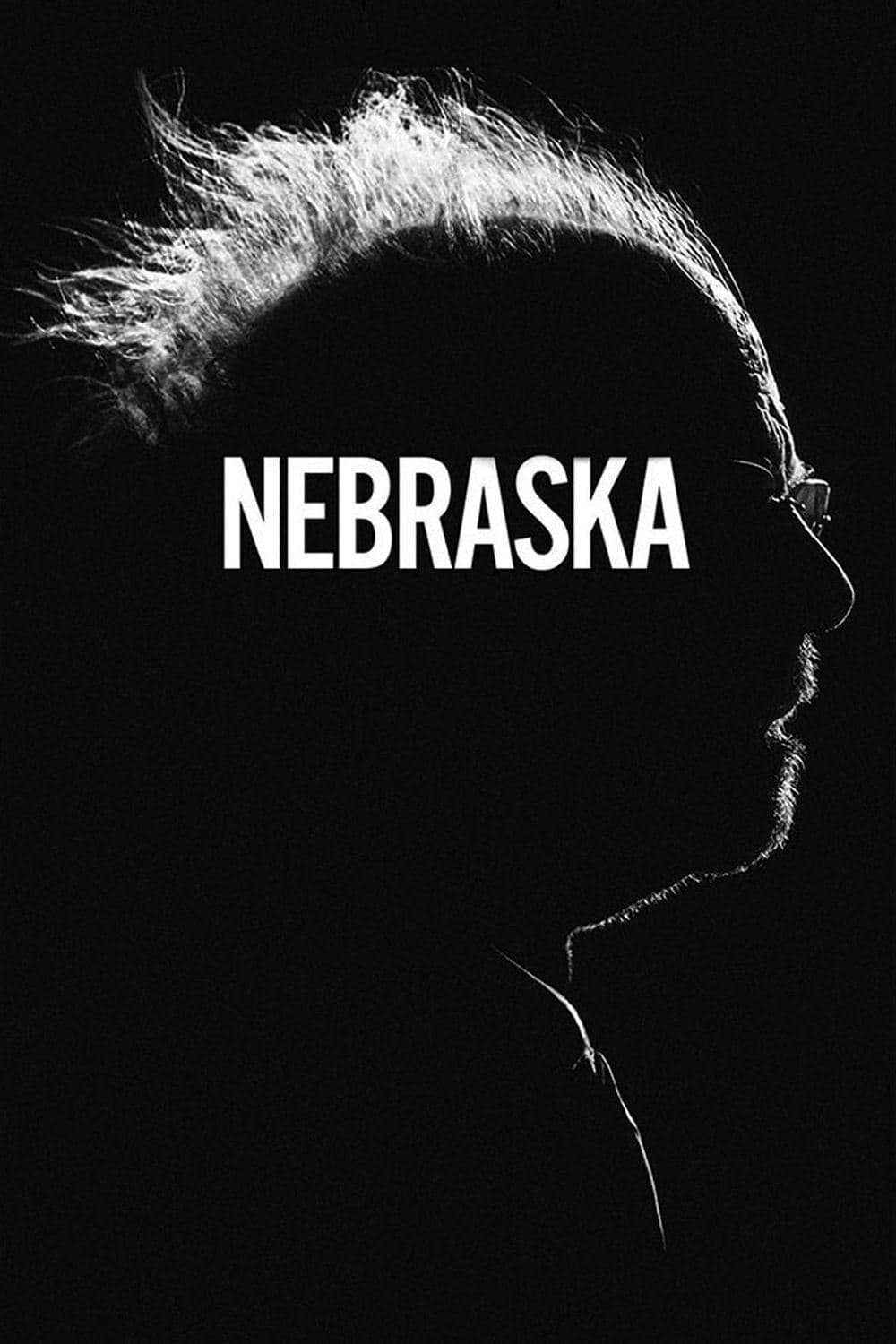
Nebraska
2013
Rate this movie
Average: 0.00 / 5
(0 votes)
Director
In a faded and melancholic black and white, evoking the very essence of memory and a nearly forgotten America, Alexander Payne brings to the screen this story, flecked with a bitter confrontation with old age and its grotesque legacies. It is a black and white not merely aesthetic, but programmatic: a visual homage to the great American cinema of the past, an echo of Walker Evans' photographs and Edward Hopper's canvases that immortalized the melancholy of the provinces. This stylistic choice elevates the narrative, stripping it of chromatic superfluity to reveal the pure essence of faces, wrinkles, desolate landscapes, and, ultimately, the very soul of a country poised between dream and disillusionment.
His gaze is clear and objective; he is not interested in pulling the rhetorical strings of Pathos nor those of pity. This approach, distinctive of his filmography – think of About Schmidt or Sideways –, is a stylistic hallmark that combines the deepest compassion with an implacable honesty. Payne does not dispense easy consolations; rather, he observes humanity in its most fragile and stubborn manifestations, guiding the viewer through the folds of an existence that rejects all forms of self-pity. His is a narrative steeped in that 'tender disenchantment' that does not judge but embraces, celebrating intrinsic dignity even in the most common of misfortunes. It is through the naive poetry of a purposeless journey that father and son get lost and find each other again, retying the threads of a bond almost severed by time and lack of communication.
Bruce Dern's performance of the main character is colossal, with a mimicry and body language that lend Woody Grant a nuance of 'faded wonder,' 'suspended disbelief,' and 'brazen cynicism' that elevate this work to a cinematic benchmark. His stage presence, an alchemy of measured gestures and gazes that conceal entire universes of memories, transforms Woody into a silent icon of senior tenacity. Dern, a natural-born actor with a career studded with complex and often marginalized roles (think of Coming Home or his works with Hal Ashby), finds fertile ground in Payne for a performance that is the culmination and crowning achievement of an entire life in art. His Woody is an amalgamation of 'faded wonder,' that childlike spark that never extinguishes, 'suspended disbelief' in the face of the world's absurdity, and 'brazen cynicism' which acts as a shield against too many disappointments. It is an acting performance that needs no artifice but relies on the pure essence of being, elevating this work to an unavoidable reference point for the art of acting.
Woody Grant, in fact, is not a simple archetype, but a character of complex stratification: an elderly family man worn down by years and habits, with a barely dormant alcoholism framing his eccentricities. His resentful disdain for a world that has perhaps forgotten him, or never granted him a real chance, is curiously balanced by an almost childlike tender naivety. He is a soul lost in the twilight of life, clinging to the illusion of a win that for him is not just money, but redemption, a final proof of validity in an existence perceived as a succession of unfulfilled promises.
So when he receives a ticket in the mail from a company called Mega Sweepstakes Marketing, stating that the recipient is the winner of a million-dollar lottery prize, Woody unilaterally decides to travel to Nebraska, bound for Lincoln, the city where the company that is supposed to deliver the prize is located. The receipt of that trivial ticket, a classic narrative device serving as a MacGuffin for the true emotional plot, triggers a chain reaction predictable only in its irrationality. His stubbornness is legendary, and his son David's attempts – a man of pragmatic common sense – to explain the deceptive nature of the marketing operation are futile. Woody's resistance is an act of blind faith in a dream, or perhaps in the need to still believe in something. And it is precisely this unwavering stubbornness that eventually convinces David, after futile attempts at dissuasion, to embark on this improbable pilgrimage with him.
So after futile attempts to dissuade him, David sets off with Woody for Lincoln. Their journey, a sober and revelatory epic across the boundless and often melancholic plains of the Midwest, thus becomes a kind of catharsis. It is an opportunity for David to retrace the steps of a father he never truly knew, or perhaps had stopped wanting to know. Every stop in forgotten towns, every encounter with distant relatives or old acquaintances of Woody, is not a simple episode, but a piece that reconstructs the mosaic of the father's life, revealing anecdotes, misunderstandings, and the complex web of relationships that shaped Woody. The ghosts of the past emerge, family jealousies over inheritance, the curiosity and narrow-mindedness of the people, all elements that paint a disillusioned but profoundly human picture of rural America. And in this context, the figure of Kate, the mother (portrayed with sharp humor by June Squibb, an Oscar nominee for the role), is not merely a backdrop, but a pillar of straightforward wisdom and rough affection that embodies the resilience of a generation. It is a journey that, paradoxically, does not lead to a physical destination of wealth, but to an emotional rediscovery: a closeness that time and life's troubles had dissolved.
Beyond its apparent simplicity, Nebraska is a small blooming corner, a balm that refreshes the soul in an age of sensory overstimulation. Woody, with his inexorable march towards a mirage, rises to a universal icon: the symbol of the common man seeking meaning, dignity, recognition. His figure remains seared into the viewer's imagination, who leaves the cinema stunned and ecstatic, not by the grandeur of the events, but by the depth of the emotions evoked. Intoxicated by a story poised between the gravity of drama and the lightness of comedy – a very delicate balance that Payne masters with skill – and animated by a 'crooked and moving poetry' that only great masters can make flash. Nebraska is not just a film; it is a contemplative experience, a reflection on life, death, forgiveness, and unwavering hope, reaffirming cinema's power to find poetry in the ordinary and greatness in the humble.
Main Actors
Country
Gallery
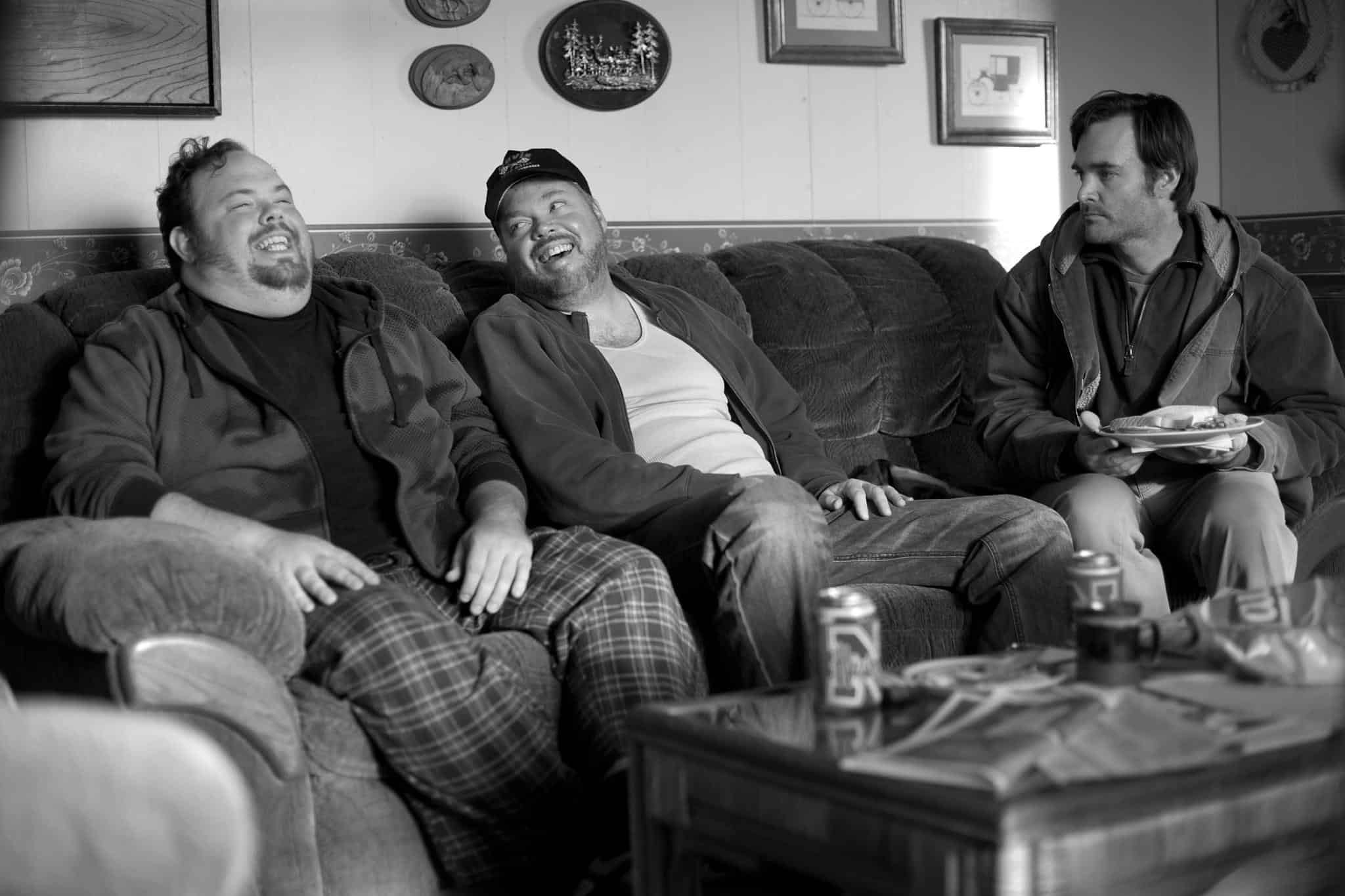
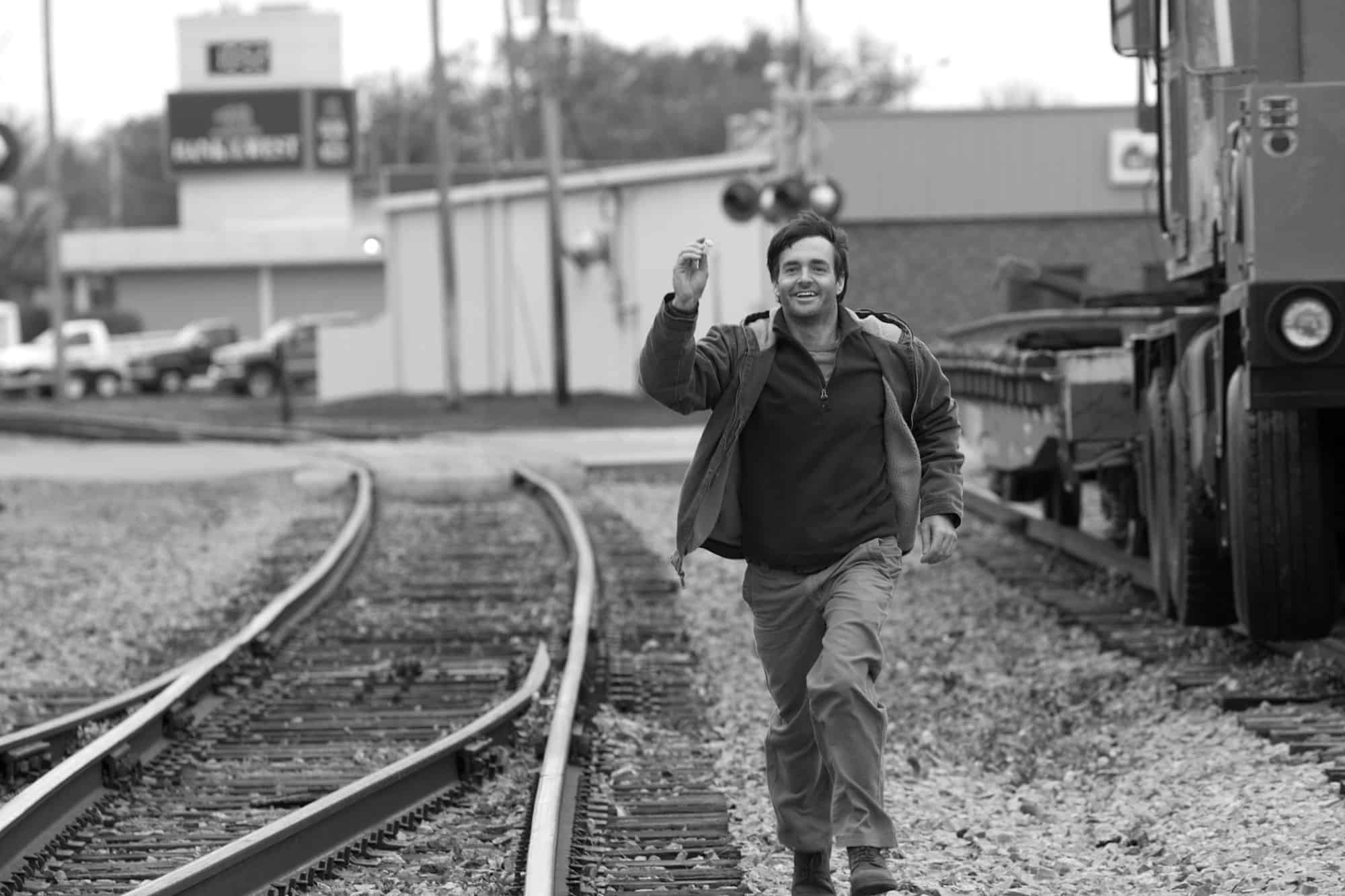

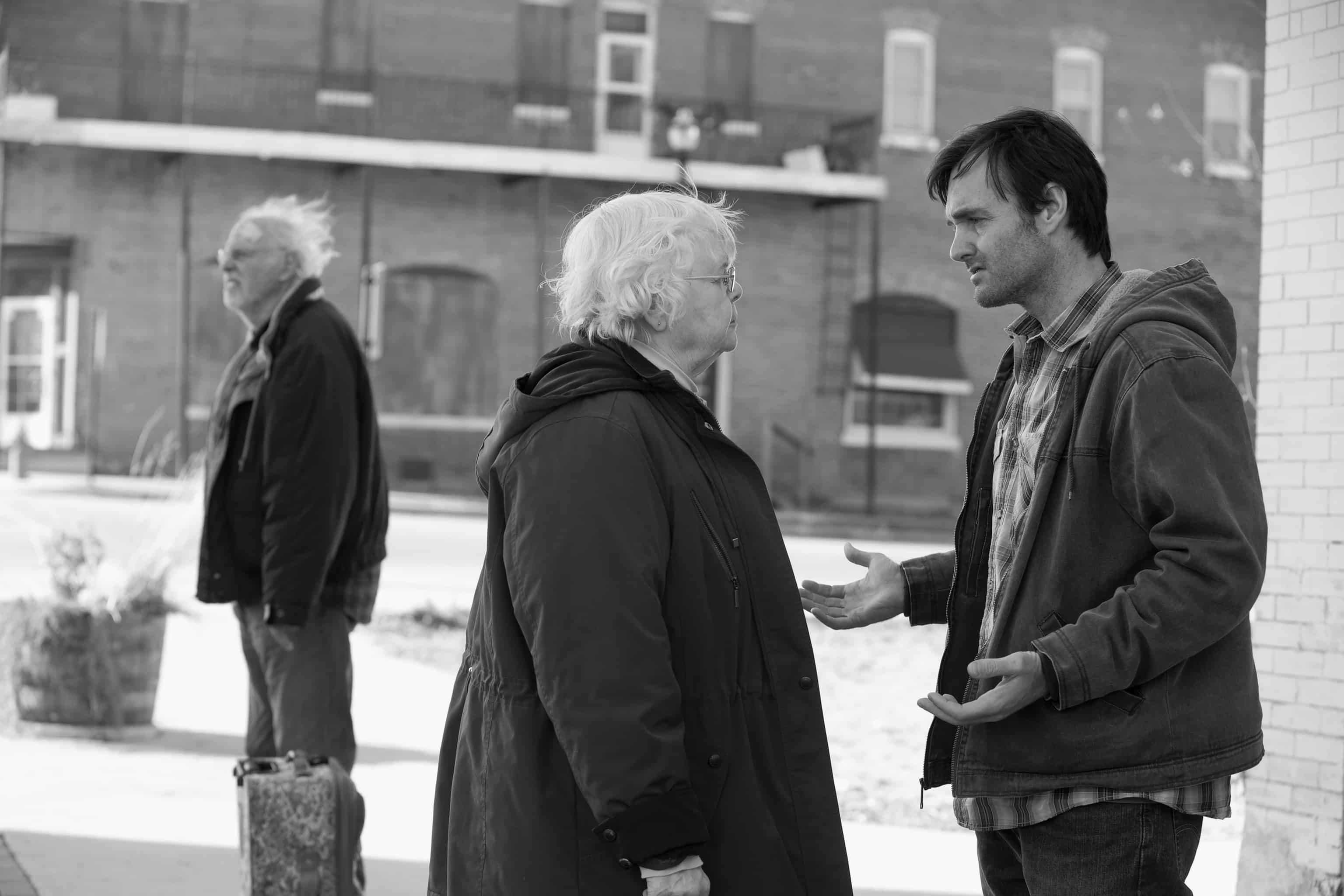
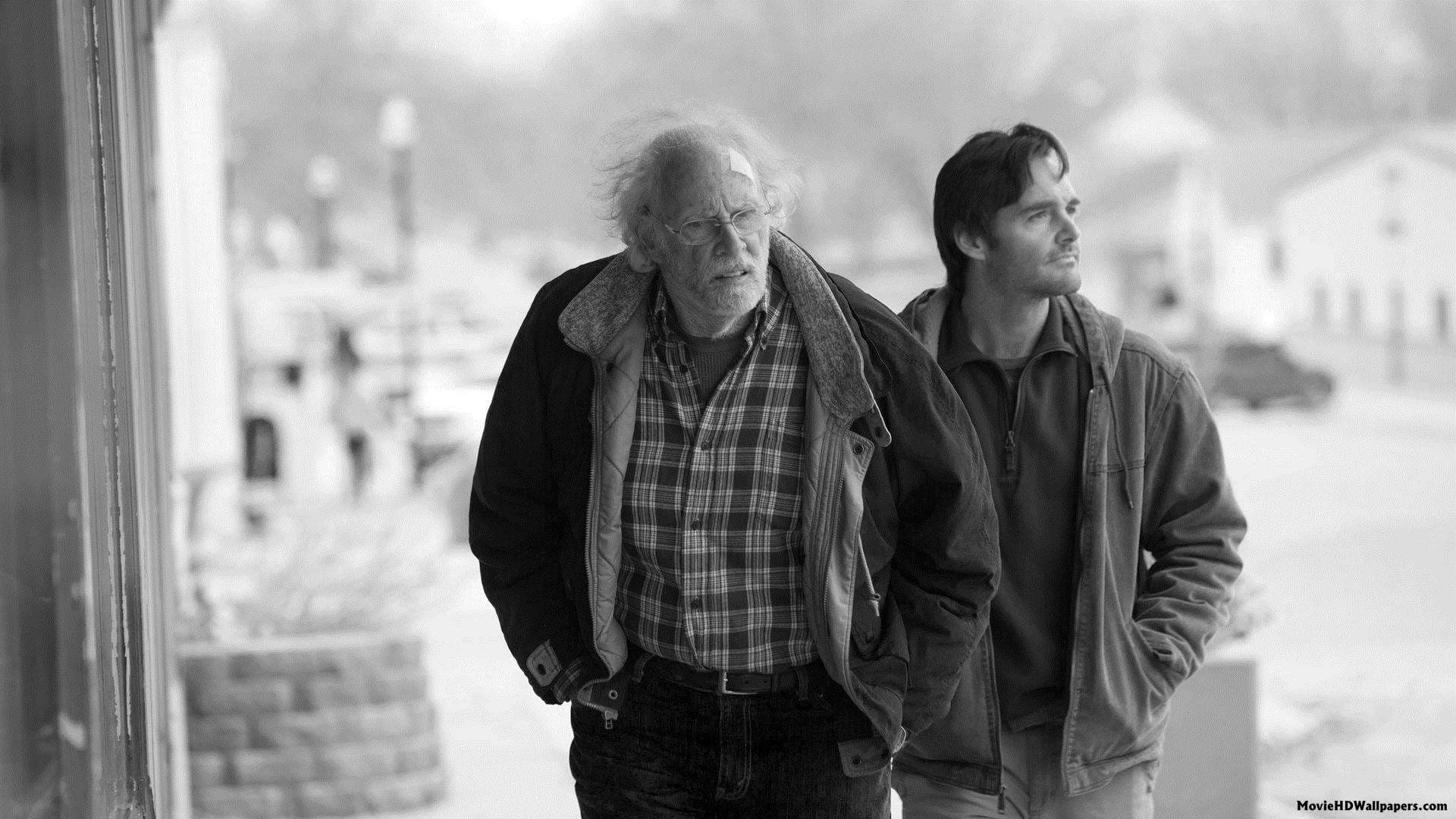
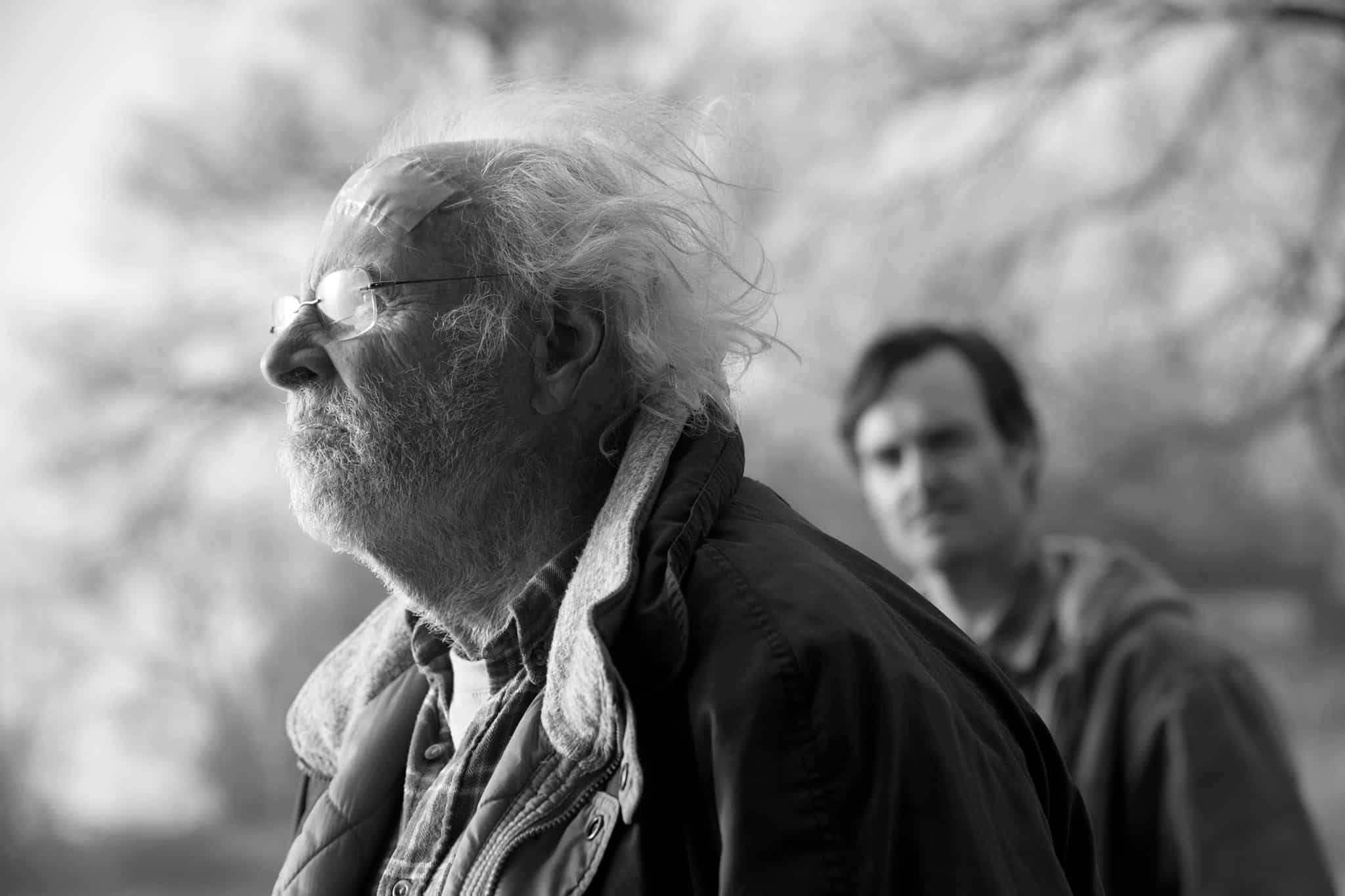
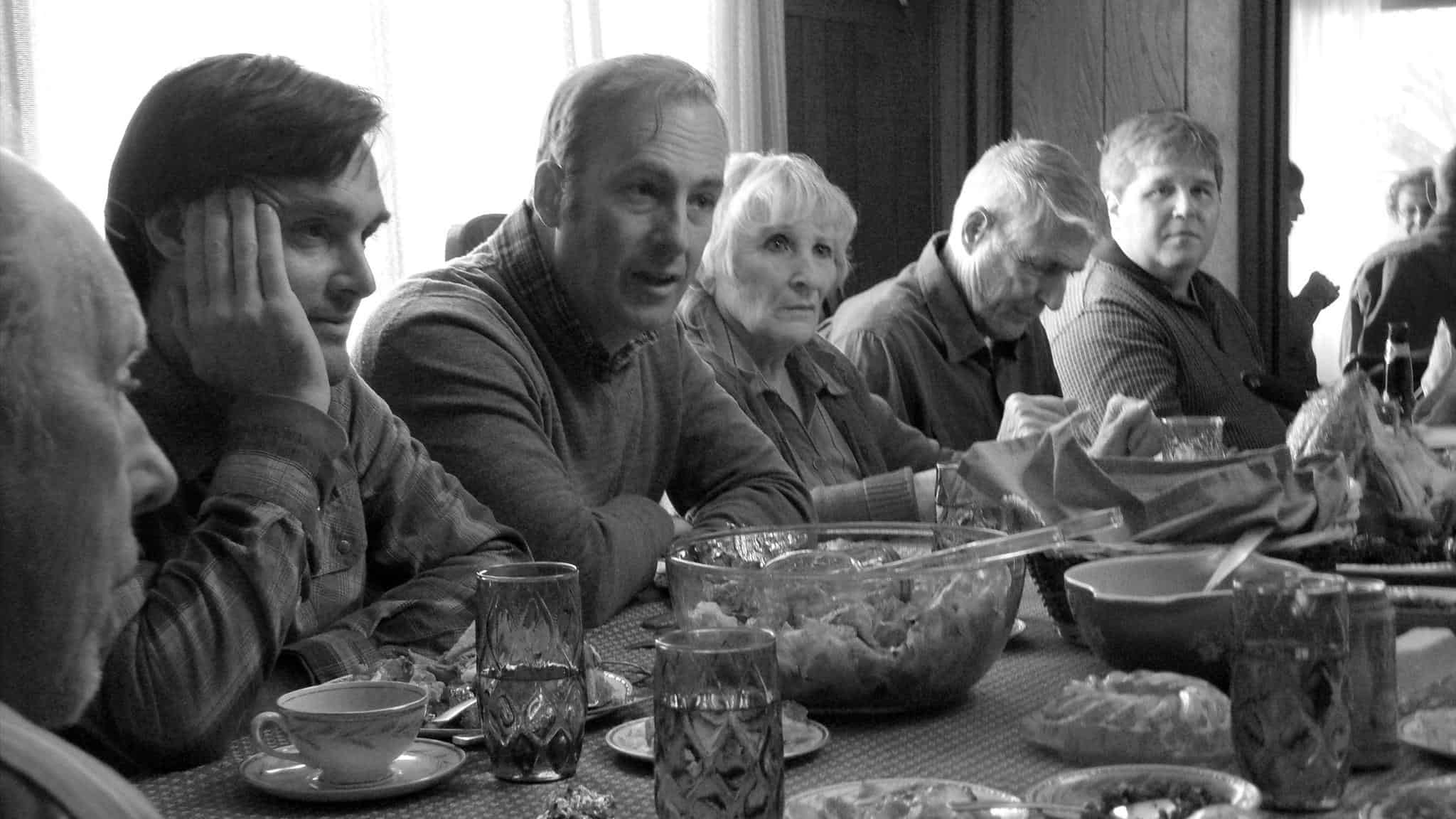
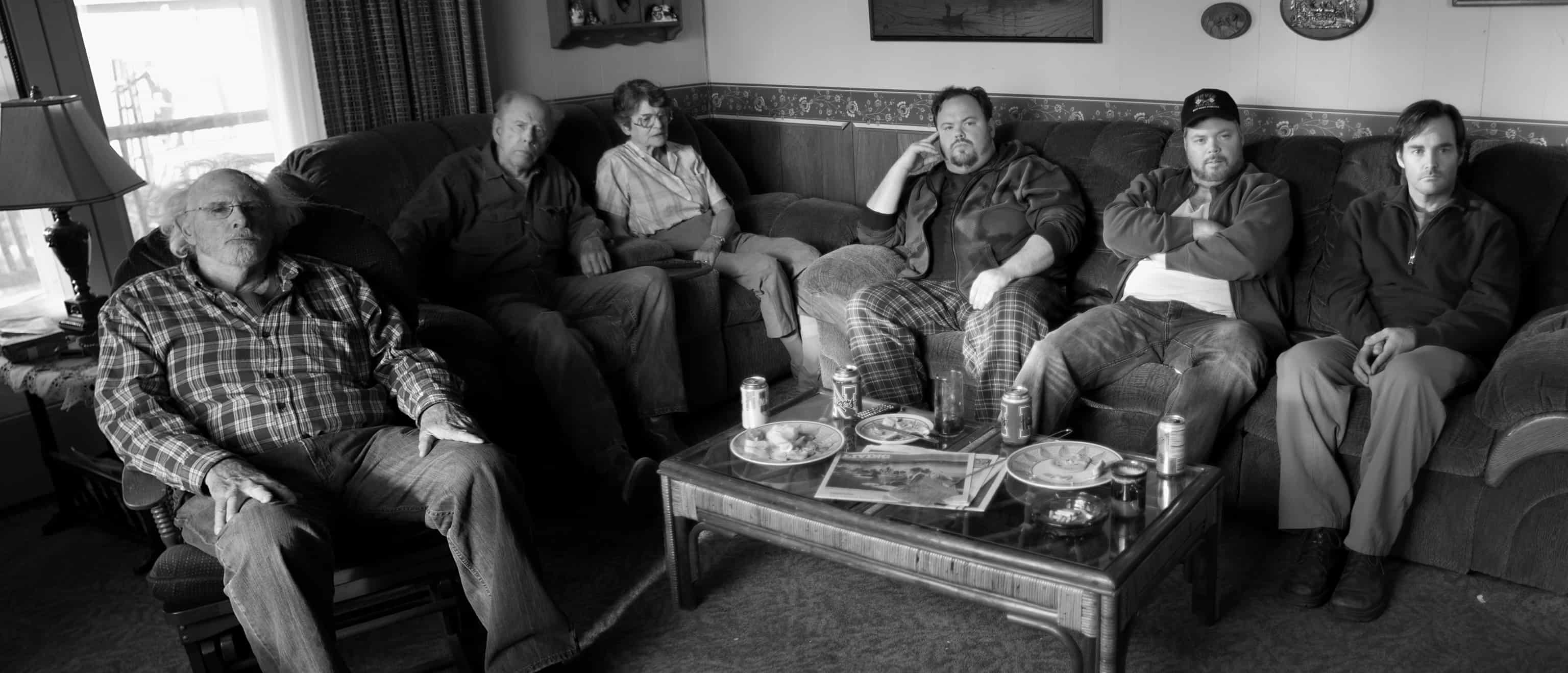
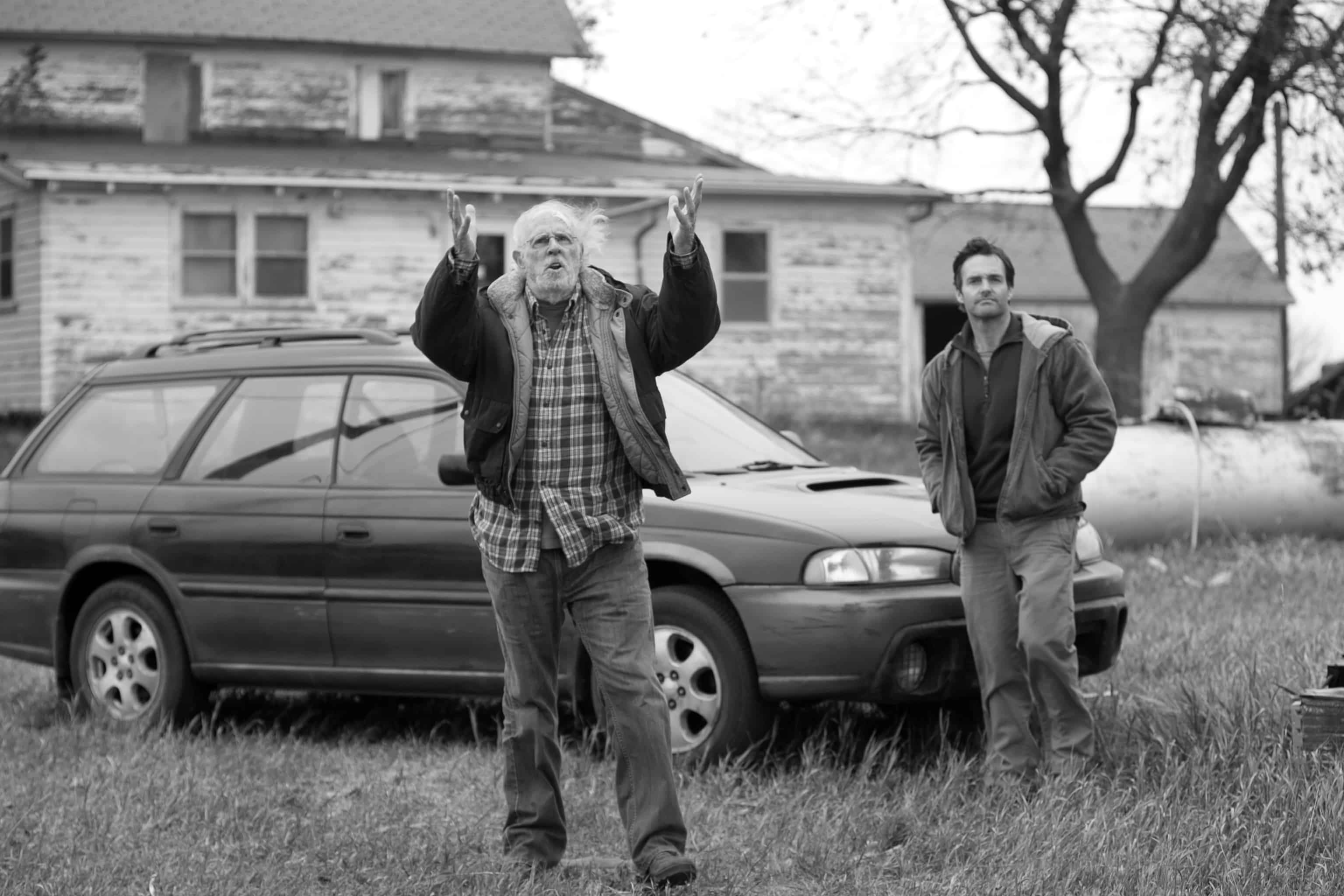
Comments
Loading comments...